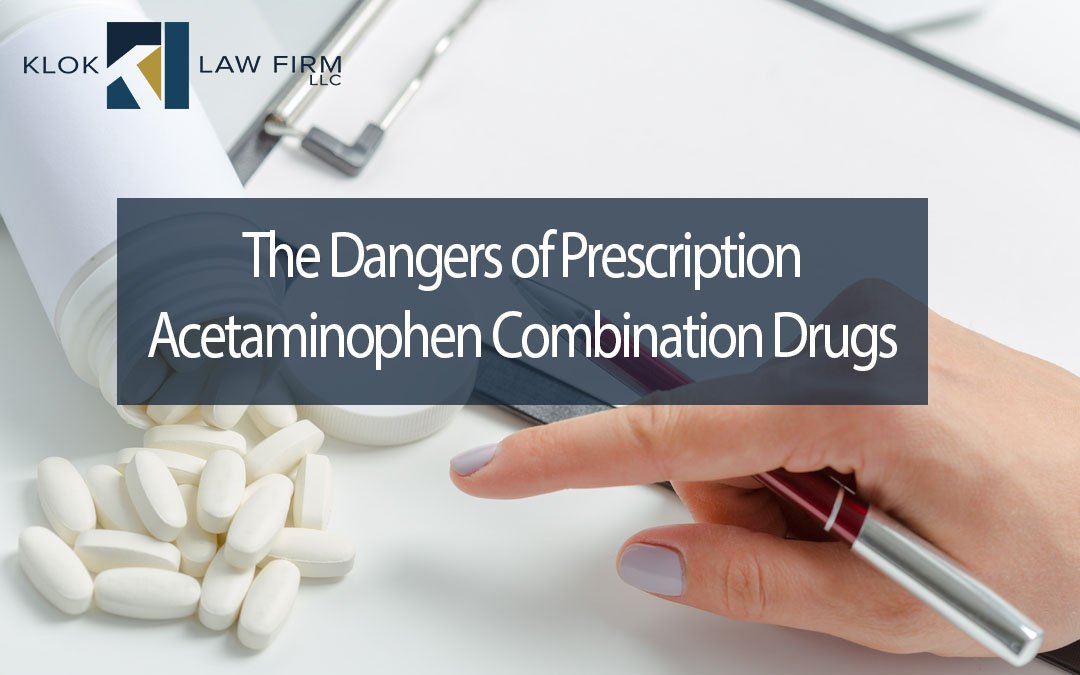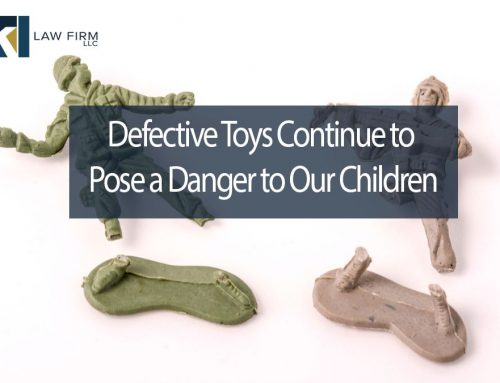Various studies conducted by the Food and Drug Administration (“FDA”) allege that consumers of prescription combination medications are often oblivious to the fact that their medication contains high doses of acetaminophen. When the consumer then goes to treat a simple ache or pain by taking one of the many over-the-counter products containing acetaminophen, such as Tylenol, the consequences can be devastating. The FDA recommends against consuming more than 4,000 mg of acetaminophen per day, and warns that by taking more than one product containing acetaminophen, it becomes difficult to keep track of the dosage. Severe liver injuries and accidental overdose have been reported as a result of this dangerous interaction between prescription drugs and OTC medications containing acetaminophen to the unwary consumer.
To prevent injury associated with accidental over-consumption of acetaminophen, the FDA published a notice asking drug manufacturers in January 2011 to limit the amount of acetaminophen in their combination drugs to 325 mg per tablet/capsule. As a further measure, drug manufacturers were required to add a boxed warning to the labels of their acetaminophen-containing drugs, that read:
[Drug Name] contains acetaminophen and [other ingredient]. Acetaminophen has been associated with cases of acute liver failure at times resulting in a liver transplant and death. Most of the cases of liver injury are associated with the use of acetaminophen at doses that exceed 4,000 milligrams per day, often in combination with other acetaminophen containing products.
The notice gave manufacturers until January 2014 to modify their drugs to comply with the FDA’s mandate.
Have Manufacturers Complied?
The consequences to consumers are extremely serious, made clear by the FDA’s studies and subsequent notice to drug manufacturers. However, once the January 2014 deadline rolled around, the FDA reported that slightly more than half of drug manufacturers had voluntarily complied by reducing the amount of acetaminophen in their drug combination products to the recommended 325 mg per tablet/capsule.
As for the rest of drug manufacturers that continue to produce these combination drugs comprised of higher amounts of acetaminophen, the FDA warns that it will take serious action by instituting proceedings against such companies to withdraw approval of non-compliant medications that remain on the market. This will cost drug companies millions of dollars.
The FDA is also combating non-compliant drug companies from another angle. Recent FDA press releases contain warnings directed towards healthcare providers and pharmacists that prescribe and distribute acetaminophen-containing products. In an April 28, 2014 press release, the FDA stated that healthcare professionals should stop prescribing and pharmacists should stop dispensing any prescription combination drug products that contained more than the 325 mg of acetaminophen. At this point, pharmacists and healthcare professionals are effectively on notice that prescribing these non-compliant medications could in fact subject them to liability along with the drug companies, should they continue to ignore the FDA.
Our Attorneys Are Here to Help
Many of us take for granted that prescription medications are safe. We reason that if they weren’t safe, they wouldn’t be on the market. But clearly, as the case for acetaminophen combination drugs shows, the true dangers of certain approved drugs do not always present themselves until after they have been approved. If you or a loved one has suffered injuries due to medication, please contact the attorneys at the Klok Law Firm, LLC today to discuss your case.


